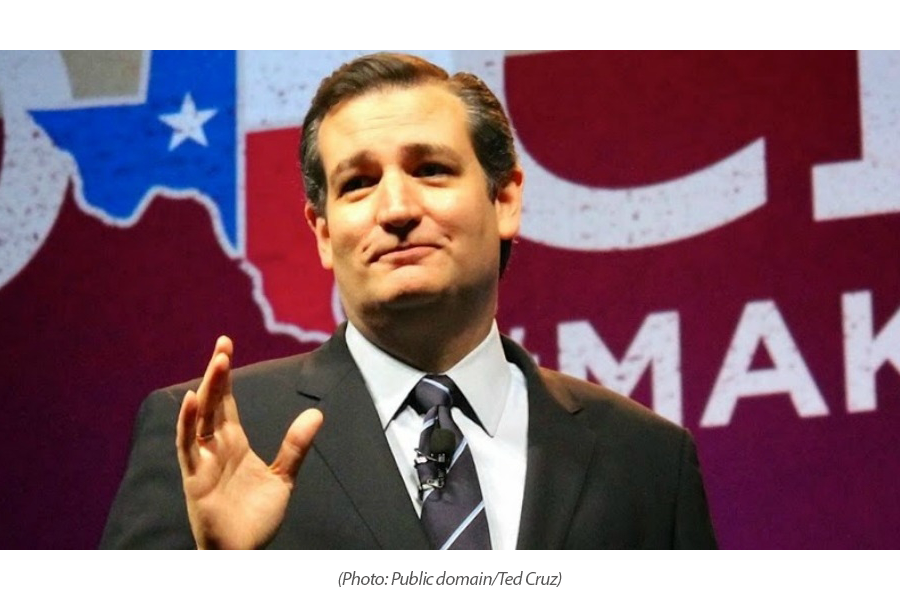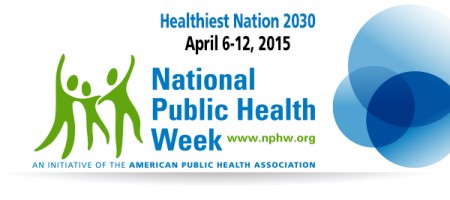Republicans leaders are adding money to their staggering effort to repeal the Obama healthcare law and still planning to hold a vote on the Graham-Cassidy bill this week, despite having lost some key votes. Conservative Sen. Ted Cruz, who voted yes in July when the GOP last tried to repeal Affordable Care Act, Sunday said he doesn’t yet support the new legislation, first introduced little more than a week ago. The Texas Republican said Sen. Mike Lee (R-Utah) also opposes the current bill. Those two no votes, plus the lack of commitment from Sen. Susan Collins (R-Maine) could jeopardize Republican senators’ latest effort to repeal and replace the ACA. According to several local reports, Cruz at an Austin festival on Sunday said the Graham-Cassidy bill doesn’t include amendments he and Lee proposed to lower premiums. “We said if you take these edits we’re a yes. They took our edits, and then a day later they removed our edits,” Cruz said, indicating he could be persuaded.Appearing on CNN’s “State of the Union” program Sunday morning, Collins—who proved pivotal in killing an ACA repeal bill in July—declined to say how she’ll vote on the latest bill.”It is very difficult for me to envision a scenario where I would end up voting for this bill,” Collins said. “I am concerned about the impact on cuts and coverage. And finally I am very concerned about the erosion of people with pre-existing conditions.”GOP leaders were working feverishly throughout the weekend to sweeten the bill in order to sway undecided senators. Bill drafters were reportedly considering delaying the implementation dates of the bill, which would end Medicaid expansion, cap federal Medicaid payments and require states to launch their own systems in 2020, GOP sources said.The bill’s chief authors, Sens. Lindsey Graham of South Carolina and Bill Cassidy of Louisiana, reportedly are also tweaking the funding formulas to ease the funding cuts for at least some states.
An analysis by the American Hospital Association found that 17 million people would lose health coverage by 2020 and 20 million by 2026. Medicaid spending would dip by $37 million in 2020 and $394 million in 2026, according to the AHA.
Collins said she’s waiting for the Congressional Budget Office to score the bill. CBO officials have said that they’ll only be able to assess Graham-Cassidy’s impact on the federal budget, not insurance coverage and premiums. She acknowledged that CBO’s score may not be enough to switch her to a “yes” vote.
“I want to wait a for more hours to see that analysis,” she said on CNN.
Sens. Rand Paul (R-Ky.) and John McCain (R-Ariz.) already announced their opposition to the bill. Given the GOP’s slim 52-48 majority in the Senate, losing three votes would be the bill’s death knell.
However, in a last ditch effort to attract votes, Republicans were adding $14.5 billion to the measure including extra funds for states of dissenting GOP senators, according to documents obtained late Sunday by the Associated Press.
A chart Republicans circulated said the legislation’s grants would provide 14% more money for Arizona than under Obama’s law; 4% more for Kentucky; 49% more for Texas; 3% more for Alaska, home to undecided GOP Sen. Lisa Murkowski; and 43% more for Maine, home to Collins. Some extra money is specifically directed at sparsely populated states.
The numbers are misleading, partly because they omit GOP Medicaid cuts from clamping per person spending caps on the program, said Matt House, spokesman for Senate Minority Leader Chuck Schumer (D-N.Y.). In a statement, Schumer said the measure would “throw our health insurance system into chaos.”
Senate Majority Leader Mitch McConnell (R-Ky.) has been trying to move the bill under budget reconciliation rules, which only require 51 votes for passage. Current Senate rules give him until Sept. 30—the end of the fiscal year—to do so. No Democrats support the bill, so losing Collins would have been yet another blow to the GOP’s yearslong promise to dismantle the ACA.
President Donald Trump was active on Twitter trying to influence swing votes as well, including Murkowski. “Alaska had a 200% plus increase in premiums under ObamaCare, worst in the country. Deductibles high, people angry! Lisa M comes through,” the president tweeted Saturday.
Trump also had Paul in his sights, tweeting, “I know Rand Paul and I think he may find a way to get there for the good of the Party!”
Unlike McCain, who expressed concern about the process of drafting Graham-Cassidy, and Collins, who publicly worried about its impact on coverage losses and patients with pre-existing conditions, Paul has largely been frustrated that the bill doesn’t go far enough in doing away with the ACA entirely.
“I won’t vote for Obamacare Lite that keeps 90% of the taxes & spending just so some people can claim credit for something that didn’t happen,” he tweeted Friday.
Graham-Cassidy would essentially turn the ACA into a block grant program, sending $1.2 trillion out of Washington, D.C., and into state coffers through 2026. State policymakers would then be able to design insurance policies as they see fit. There are no provisions for funding after 2026. The bill would also end Medicaid expansion.
Graham-Cassidy is opposed by virtually every segment of the healthcare industry. Late Saturday, the AHA joined the American Medical Association, the American Academy of Family Physicians, the Federation of American Hospitals, America’s Health Insurance Plans and the Blue Cross and Blue Shield Association in urging senators to reject the bill, saying it fails to provide “high-quality care and affordable coverage for all.” And last week, all 50 state Medicaid directors took the unprecedented step of opposing the bill.
Read original article on Modern Healthcare
Read more about efforts to repeal the ACA
The Associated Press contributed to this report.
 Matthew Weinstock
Matthew Weinstock
Matthew Weinstock assigns, edits and directs coverage for Modern Healthcare. He joined Modern Healthcare in 2017 as the managing editor. Previously, he was director of communications and publication relations for the College of Healthcare Information Management Executives. Prior to that, he spent 12 years as an editor at Hospitals & Health Networks. He’s won numerous national and regional journalism awards, including the prestigious McAllister Editorial Fellowship in 2013. He began his reporting career in the late 1990s in Washington, D.C., covering Congress and federal regulatory agencies. He has a bachelor’s degree in English and political science from the University of Wisconsin.























